L-citrulline dosage for pump: let’s get the blood flowing!
Author:
Reviewed by:
(Certified Nutritionist, S&C specialist, M.Sc.Eng. Biotechnology)
Unlock your full potential by engaging with our experts and community! Have questions about your fitness journey or looking for expert advice on weightlifting techniques? Don’t hesitate — leave a comment below and Camila Parente Santos will provide a personalized answer and insights to help you reach your goals.
Torokhtiy is reader-supported. Some links are affiliate links, and we may earn a commission at no extra cost to you. See our disclosure page for details.
Taking the right L-citrulline dosage for pump can help athletes increase nitric oxide production, reduce muscle soreness, increase ATP production, and potentially achieve synergistic effects when taken with other supplements. We discuss how much L-citrulline per day to take as well as provide some product recommendations.
The L-citrulline dosage for pump is 6–8g daily. A minimum dose of 3g and maximum dose of 10g has also been shown to be effective, with most individuals tolerating up to 15g without experiencing any side effects.
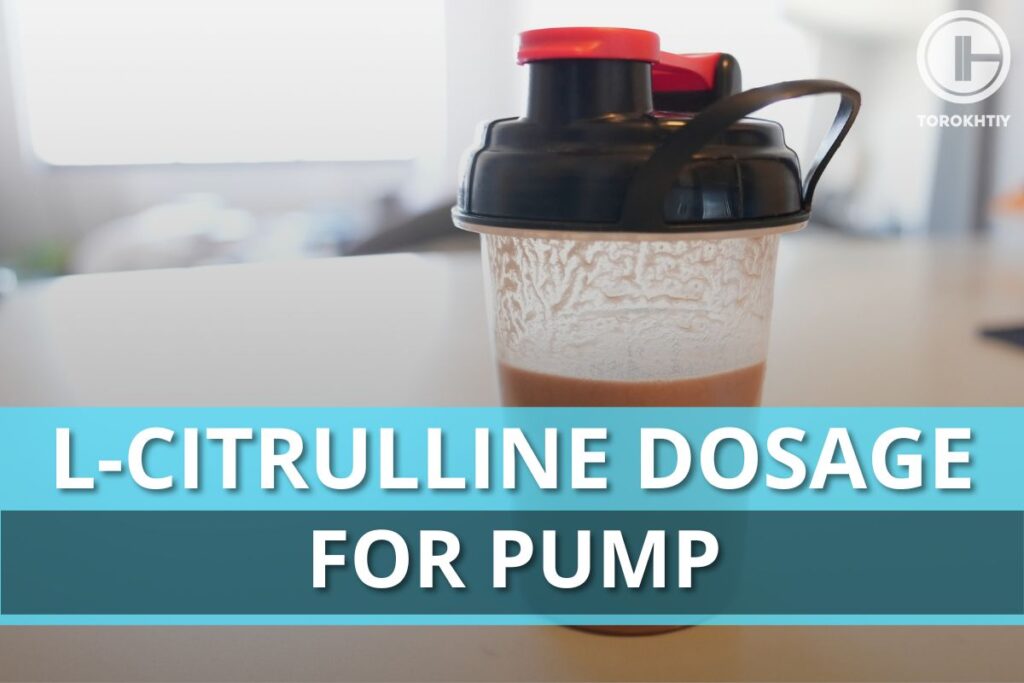
What Benefits Can Citrulline Give to Athletes?
Citrulline is an amino acid that is commonly used as a dietary supplement, particularly in the form of L-citrulline or citrulline malate. Athletes often use citrulline for its potential benefits in enhancing exercise performance and recovery. Here are some of the potential benefits for athletes:
✅ Increased Nitric Oxide Production
In the body, citrulline is converted into arginine, which helps to create nitric oxide. Nitric oxide helps dilate blood vessels, improving blood flow and increasing nutrient and oxygen delivery to muscles during exercise. This could help improve exercise performance and endurance.
✅ Reduced Muscle Soreness
Citrulline may help reduce muscle soreness after intense exercise. Studies suggest that citrulline supplementation can alleviate muscle soreness and improve recovery by aiding in the removal of waste products, such as ammonia, from muscles.
✅ Increased ATP Production
Citrulline malate may enhance the production of adenosine triphosphate (ATP), the primary energy currency of cells. This can potentially lead to improved energy levels during exercise and better overall performance.
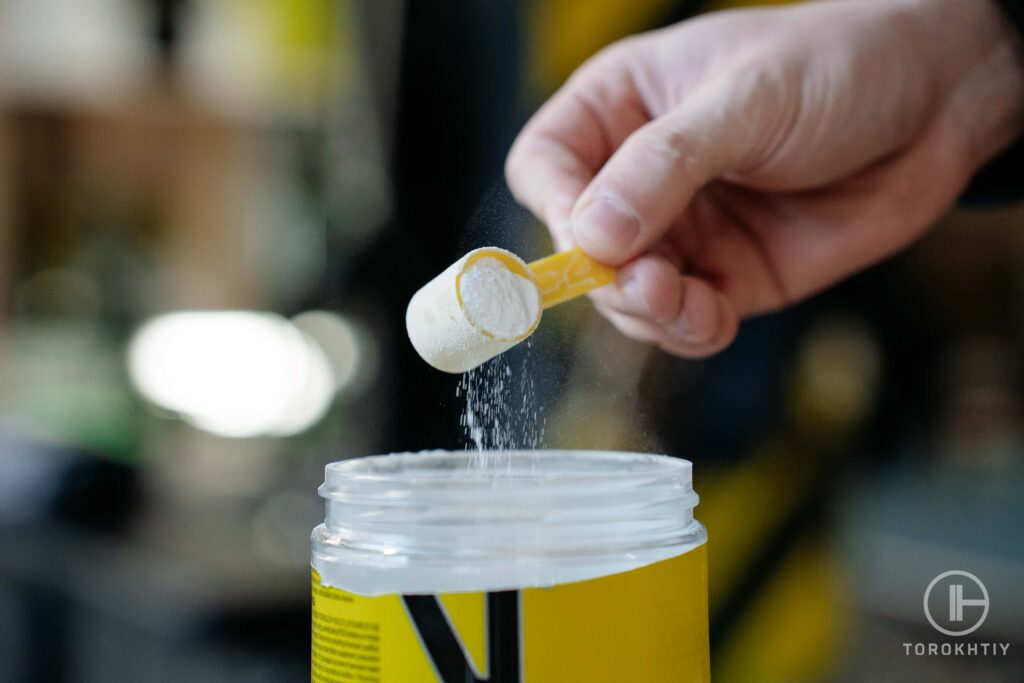
✅ Combination with Other Supplements
Citrulline is often included in pre-workout supplements alongside other ingredients like beta-alanine, creatine, and caffeine. The synergistic effects of these compounds may provide a more comprehensive approach to enhancing exercise performance.
How Much L-Citrulline to Take for Pump?
The optimal dosage of L-citrulline for achieving a “pump” during exercise can vary among individuals, and it depends on factors such as body weight, individual response, and the specific form of citrulline used (L-citrulline or citrulline malate). Additionally, the timing of supplementation in relation to exercise may influence its effectiveness.
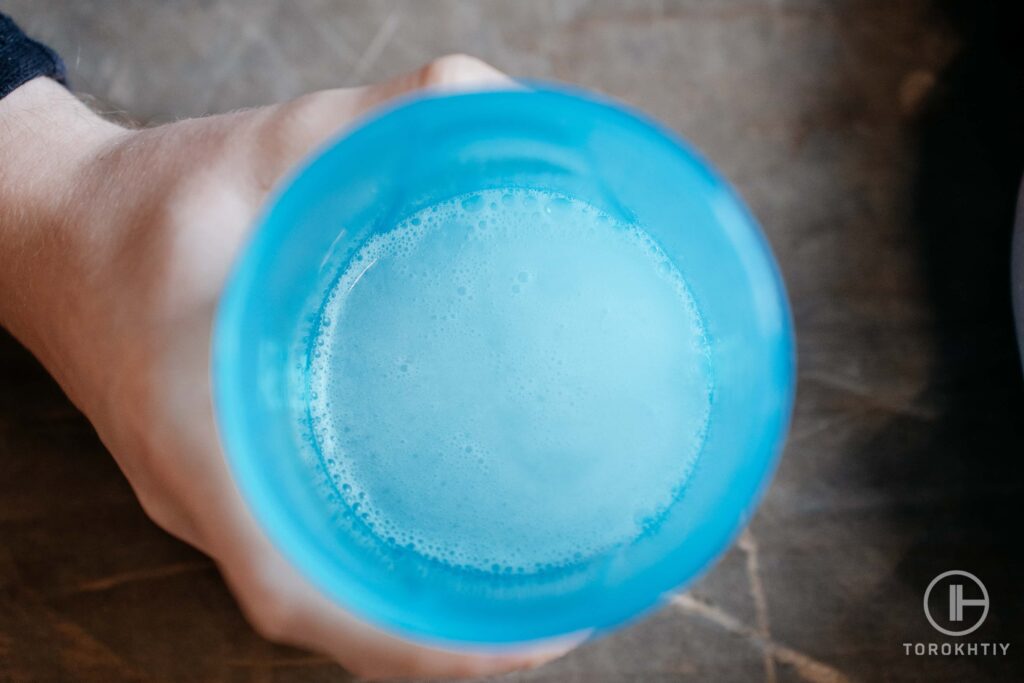
However, a common dosage range for L-citrulline supplementation is typically between 6 to 8 grams taken about 60–90 minutes before exercise. This would be an appropriate range of L-citrulline dosage for bodybuilding. Some individuals may find benefit with doses as low as 3 grams, while others may go as high as 10 grams.
For citrulline malate, the recommended dose to see an effect would be between 10 to 12 grams. It’s advisable to start with a lower dose and gradually increase it while monitoring your body’s response.
It’s worth noting that while citrulline supplementation may contribute to vasodilation and a perceived “pump” by increasing nitric oxide production, individual responses can vary. The overall effectiveness may be influenced by factors such as diet, training intensity, and overall health.
How to Take Citrulline for Best Pump?
To potentially maximize the “pump” effect with citrulline supplementation, it’s essential to consider factors such as dosage (as described above), timing, and synergistic supplements.
• Timing
Take citrulline about 60–90 minutes before your workout. This timing allows for the amino acid to be absorbed and its effects to be felt during your exercise session. Pre-workout supplementation is common because it aligns with the goal of increasing blood flow and vasodilation during exercise.
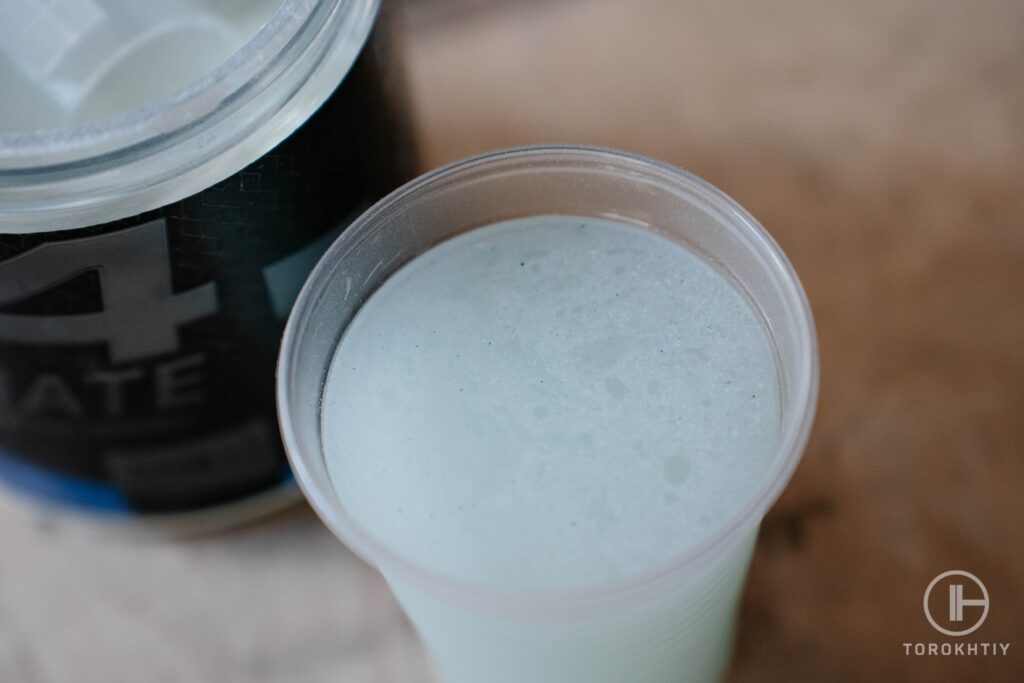
• Consistency
Consistency is key. For the best results, incorporate citrulline into your routine regularly rather than using it sporadically. This can help maintain elevated levels of citrulline in the body and potentially enhance its effects over time.
• Combine with Other Supplements
Consider combining citrulline with other supplements known to enhance the “pump” effect. For example, citrulline is often included in pre-workout supplements alongside ingredients like arginine, nitrate-rich foods, beta-alanine, and creatine.
The combination of these compounds may have synergistic effects. In saying this, each nutrient on its own still has a mechanism of action that can help improve performance.
Transparent Labs’ fermented L-citrulline provides 2000mg of fermented L-citrulline in each 2g scoop. Many studies have reported that L-citrulline supplementation can enhance exercise performance and recovery. Current evidence suggests that in order to enhance exercise performance, supplementing with L-citrulline over the longer term (for example, for more than 7 days) is more effective than single doses at a time.

The minimum effective dose is about 3 g daily of L-citrulline, up to a maximum of 10–15 g daily. The commonly cited range, however, is between 6–8 g daily. Therefore, you would need at least 1.5 scoops of this product to achieve a minimum effective dose. L-citrulline is best taken 60–90 minutes before exercise to enhance performance.
You could mix this supplement with a pre-workout shake consisting of carbohydrates such as juice to achieve this. Sugar from juice is a quick-releasing source of energy that could be used to fuel your training.
Citrulline is commonly combined with malate and supplemented as citrulline malate. Malate is a tricarboxylic acid cycle intermediate and has been suggested to enhance energy production, increase the rate of ATP production, and mitigate lactate production.
Therefore, citrulline and malate may have a synergistic effect by increasing skeletal muscle perfusion and enhancing the efficiency of ATP production to improve exercise performance.
Citrulline malate supplement products are often in a 1:1 or 2:1 ratio of citrulline to malate. In order to achieve the ergogenic effects, a citrulline malate dosage of 8–10g daily is recommended, which would translate into approximately 3g of L-citrulline. This product provides citrulline malate in a 2:1 citrulline to malate ratio. In order to achieve at least 6 g of citrulline malate, it is recommended to take 1 tsp mixed with your beverage of choice.
FAQ
What Is a Safe Amount of Citrulline to Take?
A dose of up to 15g of L-citrulline per day has been tolerated.
Is 10G of L-Citrulline Too Much?
A dose of 10g of L-citrulline daily has been advised as a maximum effective dose, over and above which would not add any additional significant benefits.
Is 2G of Citrulline Enough?
The minimum effective dose of L-citrulline for sports performance is 6–8g daily.
Conclusion
Citrulline has been shown to enhance exercise performance by improving blood flow, reducing fatigue, improving efficiency of energy production, and possibly interacting with other ergogenic ingredients to produce a synergetic response. Generally a dose of 6–8g daily is recommended for optimal exercise performance. Have you supplemented with citrulline? What forms and doses have you tried? Share your experience with us, below!
Also read:
- L-Citrulline Foods
- L-Citrulline vs L-Arginine
- L Citrulline vs Citrulline Malate
- L-Citrulline Pre Workout
References
- Joaquín Pérez-Guisado and Philip Jakeman, “Citrulline Malate Enhances Athletic Anaerobic Performance and Relieves Muscle Soreness,” Journal of Strength and Conditioning Research 24, no. 5 (2010): 1215–22.
- Encarna Aguayo et al., “L-Citrulline: A Non-Essential Amino Acid with Important Roles in Human Health,” Applied Sciences 11, no. 7 (2021): 3293.
- Adam M. Gonzalez and Eric T. Trexler, “Effects of Citrulline Supplementation on Exercise Performance in Humans: A Review of the Current Literature,” Journal of Strength and Conditioning Research 34, no. 5 (2020): 1480–95.
- Christophe Moinard et al., “Dose-ranging effects of citrulline administration on plasma amino acids and hormonal patterns in healthy subjects: the Citrudose pharmacokinetic study,” British Journal of Nutrition 99 (2008): 855-862.
- Timothy D. Allerton et al., “l-Citrulline Supplementation: Impact on Cardiometabolic Health,” Nutrients 10, no. 7 (2018): 921.
Why Trust Us?
With over 20 years in Olympic weightlifting, strength training, nutrition coaching, and general fitness our team does its best to provide the audience with ultimate support and meet the needs and requirements of advanced athletes and professional lifters, as well as people who strive to open new opportunities and develop their physical capabilities with us.
By trusting the recommendations of our certified experts in coaching, nutrition, and sports training programming, as well as scientific consultants, and physiotherapists, we provide you with thorough, well-considered, and scientifically proven content. All the information given in the articles concerning workout programming, separate exercises, and athletic performance, in general, is based on verified data.
The product testing process is described in more detail here.
Camila has worked as a Nutritionist for 7 years. In addition to being a nutritionist, she is an amateur weightlifting athlete for 2 years. Camila has experience at Flamengo’s football base and in a food supplement company and currently provides services at a clinic. At the moment she is coursing a postgraduate study in Sports Nutrition.
Reviewed by: Jacek Szymanowski
Certified Nutritionist,
M.Sc.Eng. Biotechnology
Performance architect,
Strength and Conditioning Specialist
With over 30 years of fighting experience, specialization in nutrition coaching for athletes, and expertise in metabolic health and dietary strategies, Jacek offers a comprehensive approach to optimizing your performance and well-being. Backed by a Master of Science degree in Biotechnology, Jacek remains at the forefront of scientific advancements, ensuring that his coaching is always evidence-based and up-to-date.




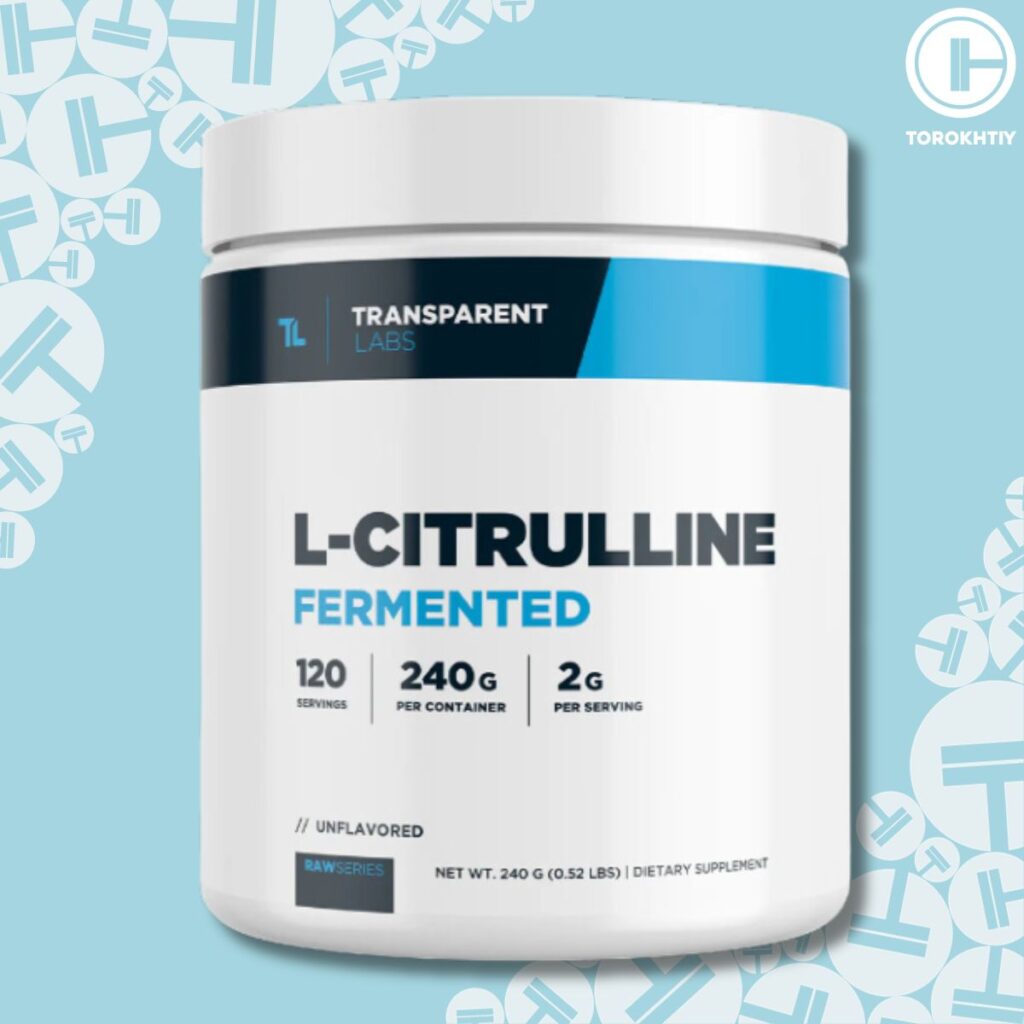
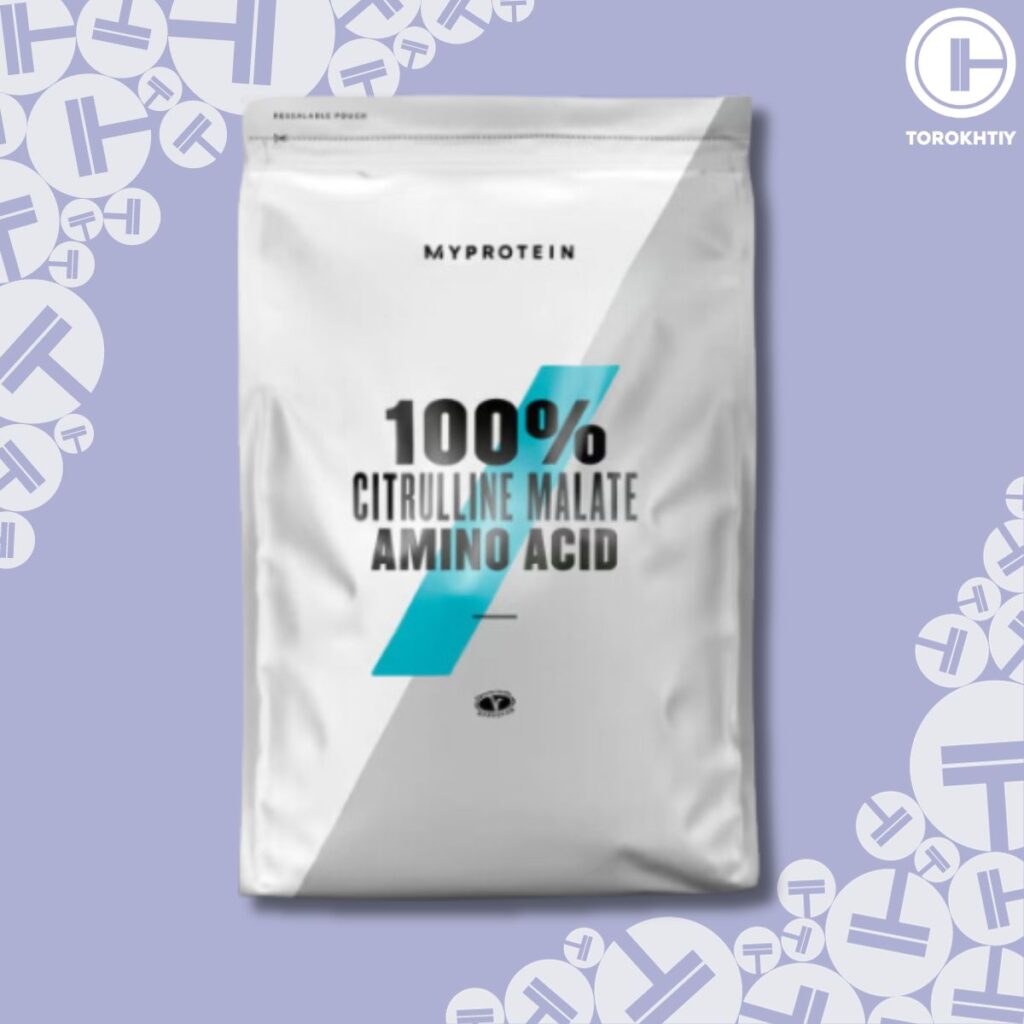
Still have questions after reading our article? Unlock your full potential by engaging with our experts and community! Don’t hesitate — leave a comment below and Camila Parente Santos will provide a personalized answer and insights to help you reach your goals.